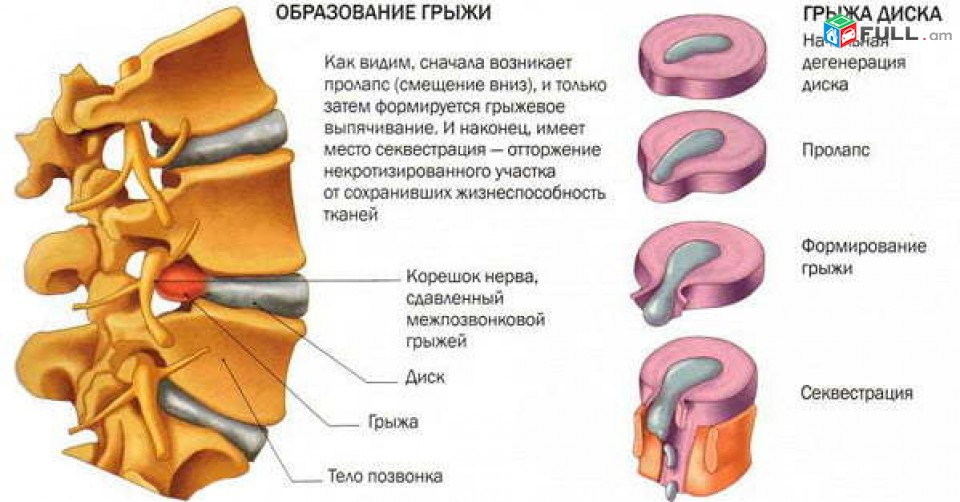What does social media have to do with SEO? At MWI, we get these questions frequently from our potential and current clients. While social media has been an increasingly popular channel for marketing in recent years, the majority of companies haven’t yet begun to profit from it. This is particularly important if you are investing in search engine optimization. While the benefits of using social media are not immediately apparent, they’re crucial to SEO help. Of the many reasons why you should consider social media as a part of your overall strategy to be online Here are five advantages of it to SEO.
1.) Social Media Signals
It’s no secret that Google, Bing and other major http://xn--8prw0a.net/home.php?mod=space&uid=13961117 search engines are using online dialogue as part of their ranking algorithms for some time now. If people tweet, share, like, comment or share the content they like that is known as a social engagement. A piece of content that has more engagements on social media is likely to have more social signals. Social signals are utilized by search engines to rank the content. It’s a way to measure what content is popular with users over what their algorithm determines to be good quality. A piece of content could be instantly indexed when it’s getting a lot of social interactions.
2.) Link Building
There are no more days of going out and soliciting websites to add links to your site. Since the introduction of Google’s Panda and Penguin algorithm SEOs must perform link building in the traditional way – create high quality content which is relevant to linking. How can you get your content to websites which are willing to hyperlink to your content, when asking them directly would be considered “unnatural”? Social media is your answer. Social media allows you to expose your content to interested audiences who might be willing to link to it, when it’s worthy of linking to. They will also be able to share your content with other people and increase your reach.
3.) The amplifying of content
The quality of the content you publish, it will not gain traction without amplification. Sure, email marketing is an excellent way to increase the reach of your the content, but it’ll only reach those in your database of marketing. Social media can help you increase the reach of your content. If you publish your content to your followers, they’ll share it with their own followers if they find it helpful. Then those people will spread the word to their networks which will increase the reach of your content. In return, you earn lots of relevant traffic, inbound links, brand recognition and social signals – all of which are used by search engines to assess content quality.
content amplification lifecycle
4.) Brand Awareness and Signals
Brand recognition and brand identity can tell search engines many things about the quality of your site’s content and the extent to which it can be trusted in its ranking algorithms. Alongside boosting your content social media also aids in create brand awareness. Google refers to this as co-citation. Building these co-citations using social media will help improve the trust Google has in your website as well as helping by bringing in search queries that are branded.
 5.) Social Indexing
5.) Social Indexing
Since search engines are able to index social media profiles which means they show as search results. This allows your brand to be displayed in search results for branded queries that are not restricted to your website. This is even better. Tweets on their own from Twitter were once indexed and included in the search results. This allowed your content to rank higher on search. That was only temporary for a couple of months until Google took the decision to end it up until now. Google will once again show tweets in search results, so it’s important to leverage it for getting your content ranked.